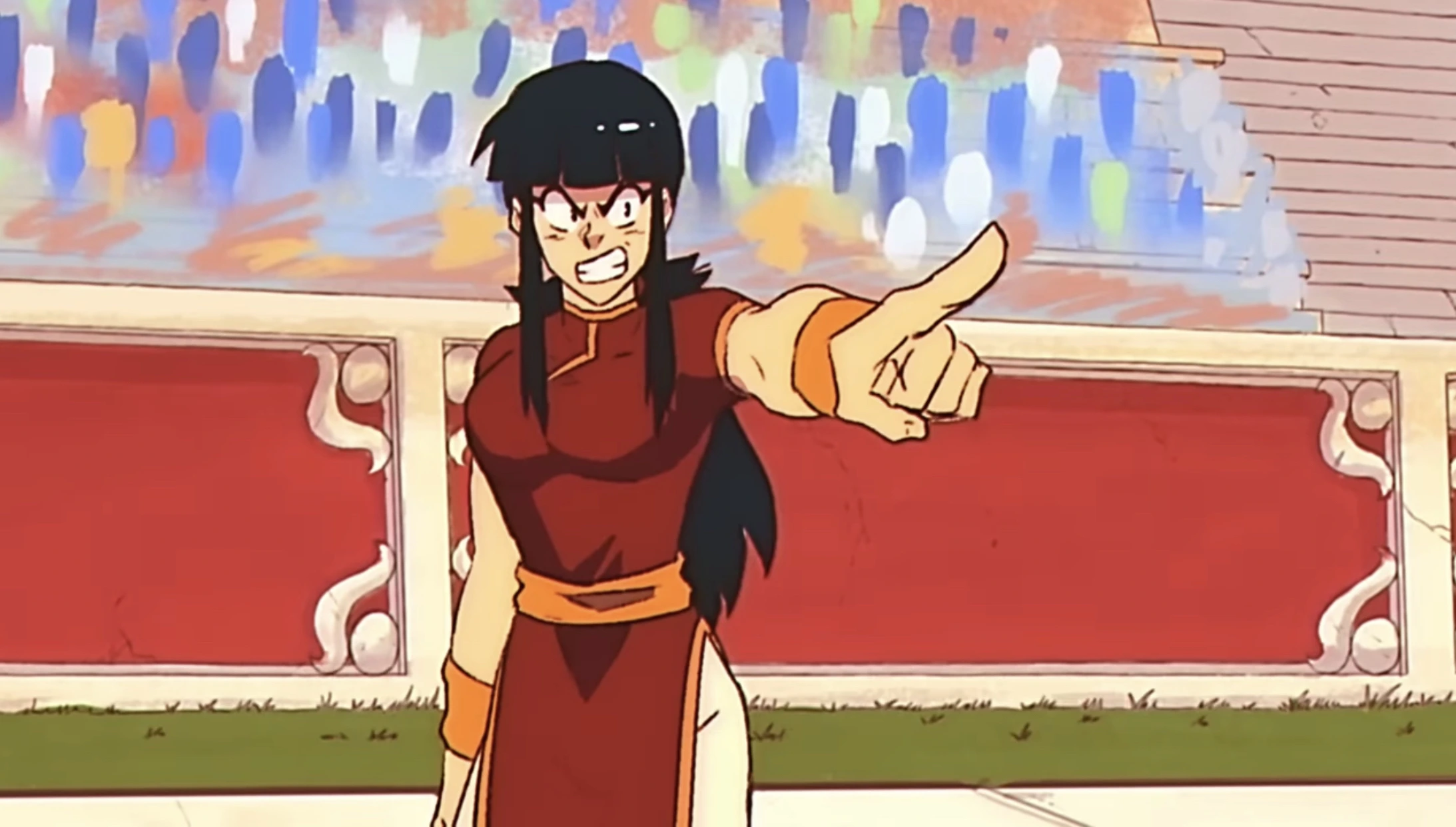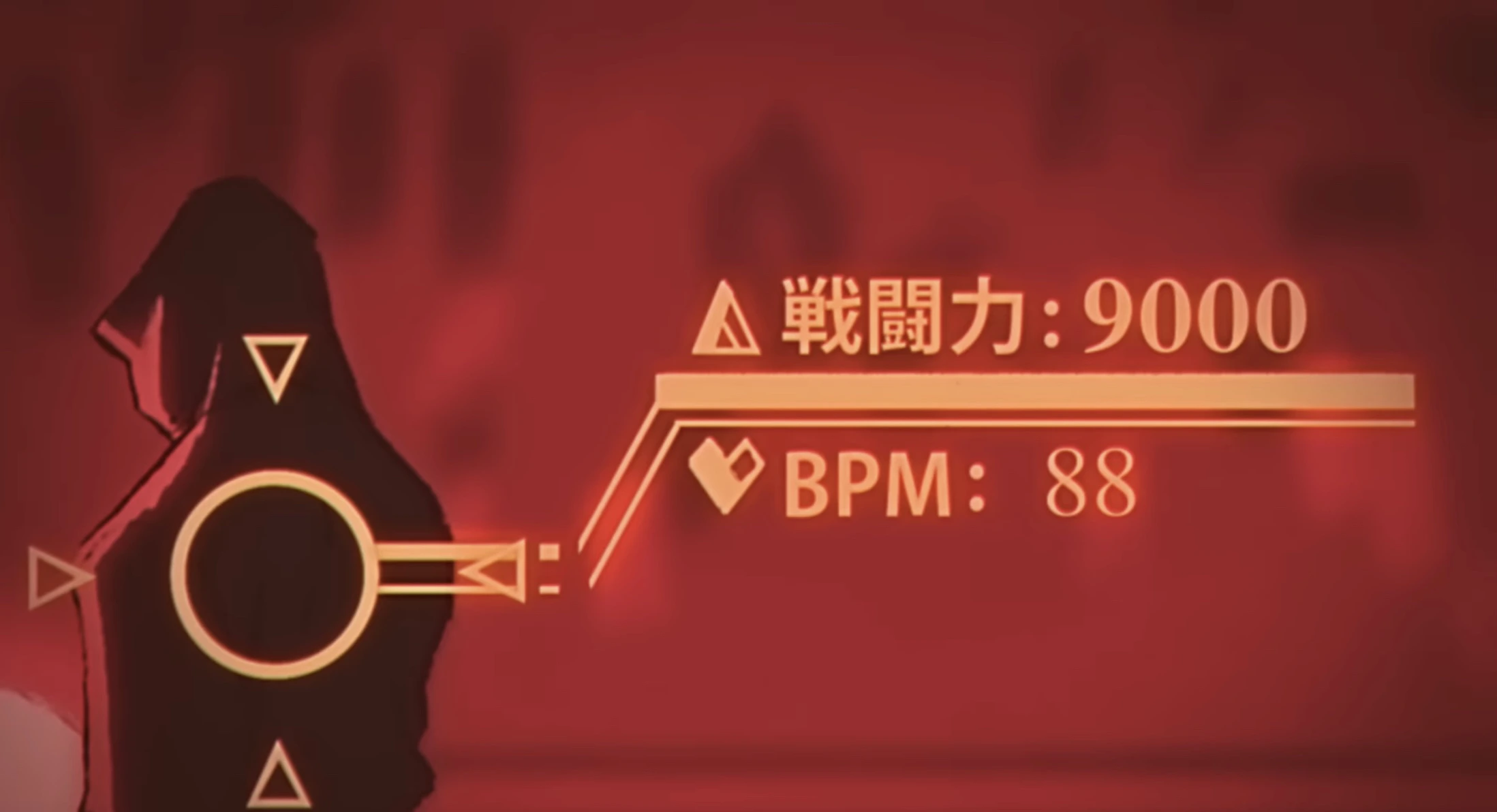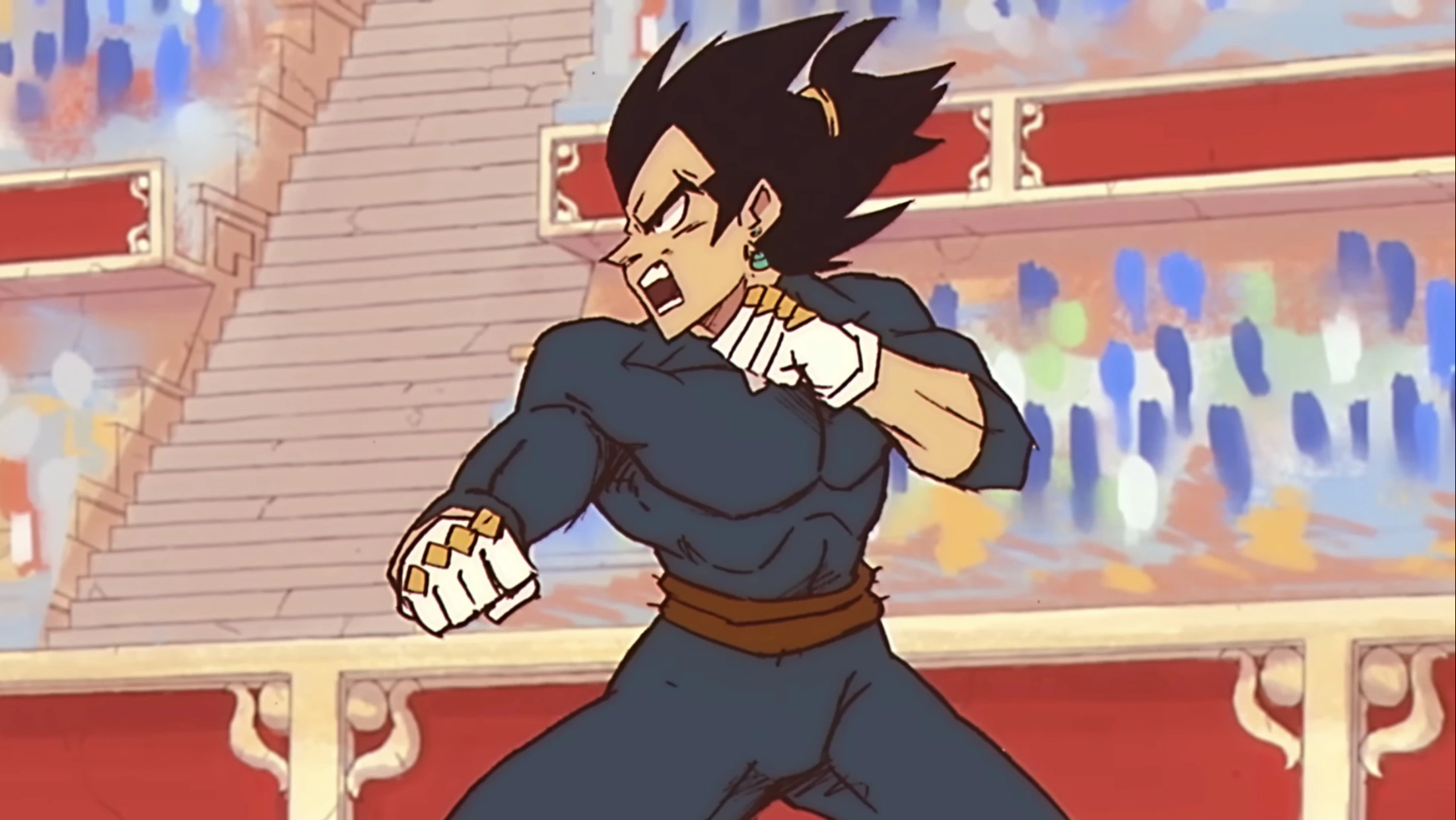We Need Less Dragon Balls…
& More Dragon Ovaries

![]() By Benjamin Chrollin | July, 2022
By Benjamin Chrollin | July, 2022
The Dragon Ball franchise was first started by Japanese artist Akira Toriyama in 1984, which has since become a global phenomenon to this day. Through a plethora of series incarnations, films, video games, and merchandise, it has become a multimedia Goliath. However, a new short film Legend – A Dragon Ball Tale was released by ‘STUDIO STRAY DOG’ – which is based on the franchise – and through much fanfare, I find it extremely problematic in numerous ways.

The first issue comes from the second scene of the film as it starts with a bout between main protagonist, Goku (he/him) and his canonical wife, Chi-Chi (she/her) as she nags him about marriage. This is a gross and outdated stereotype of the “bitchy possessive wife” or “bridezilla” trope. The fact that director Naseer Pasha could be so tone deaf as to not see this allusion stems from either a complete ineptitude at targeting a progressive audience or is simply just dead set on dog whistling to misogynists.
It’s also rather curious how he has the two battling just weeks after the $13M court ruling in wife-beater Johnny Depp’s favor which left his victim, Amber Heard, destitute and mocked incessantly online as she resorts to grocery shopping at thrift stores (look it up). Also, I’d be remiss to not acknowledge that all the characters in this film (coincidentally like the Johnny Depp v. Amber Heard trial) are all white which will obviously play a part later in this analysis.
The other issue is Chi-Chi herself. For the less-educated or cultured, “chichi” is vulgar slang in Mexican for either “tits,” “pussy,” and even “beaver” (that one eludes me). Do I really need to hold your hand as to why naming a female such a term is problematic in today’s age?
But all is not lost as Goku, a man, defends his “beloved” Chi-Chi from (*gasp*) a shadowy figure just after striking her. Thankfully Goku was there to supervise the said vilalin’s form as he beats the woman rather than defending her. More gross allusions to Johnny Depp, I see.
But when the short isn’t hinging on domestic violence or misogyny, it’s also directly ripping off more established IPs such as Terminator.

After a meteor conveniently crashes right where Goku, Chi-Chi and the unknown assailant were battling, yet another white man by the name of Vegito (zem/zer) from the planet Vegeta appears with what appears to be a Google Glass head piece. The problem however isn’t the headpiece, but the first-person vision itself. It is a near-direct ripoff of Terminator’s first-person view complete with red hue and yellow-ish number markings and data streams. Pathetic – if not uninspired – and if you ask me, Steven Spielberg would be rolling in his grave.

What’s more obscene than the idea theft is the massive erection Vegito has throughout the film. This disgusting display of “masculinity” isn’t played for laughs or irony either. It is played out completely sincere and is not only distracting, but yet another weak attempt to reinforce white men as the more dominant demographic on the world stage thus, solidifying patriarchal standards among women. The timing of such a display is completely unfathomable at this point, especially a week after women’s rights were stripped away.
But, not all is lost. The film does feature a singular glimmer of progressive hope which I thought should be commended. The two “heroes,” Goku and Vegito both cooperated to triumph an evil greater than them, though one is an alien. The fact Vegito, a quite literal illegal alien, could be embraced by Goku, a white naturalized American citizen, to battle an unknown evil I did find inspiring.
Though the film did have a rather progressive tone regarding immigration, the overall damage it can cause to women’s rights and equality cannot be denied. As of writing, it currently has 1.1 million views on YouTube and climbing by the hour. The execution was well done by Nasheer Pasha as well as the rest of the cast and crew, but the impact it could have must be addressed with a disclaimer (at the very least) denouncing said issues outlined in this review. It’s not just OUR future, it’s also hers.
Dragon Ball: Problematic (2022) Review Score

